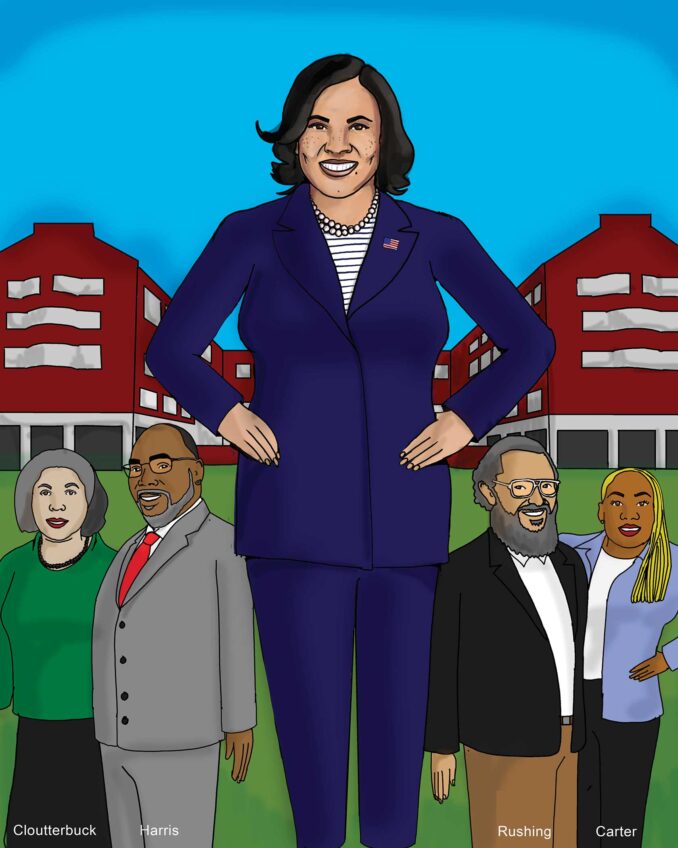Another conservative theorem bites the dust. Economists supporting Republican opposition to workers’ benefits have long asserted that such regulations discourage the growth of employment. They believe that a flexible labor market in America creates a dynamic workforce. Benefits like a minimum wage, paid vacation and sick leave and health insurance allegedly depress the growth of jobs. However, a recent study by the White House Council of Economic Advisers suggests that these employee benefits might not have the harmful effect conservatives believe.
With unemployment at a historically-low 4.7 percent, it might appear that the conservative theorem is correct. However, when one considers the growing number of Americans who have dropped out of the labor force, it becomes clear that there is a problem. The prime working years are from age 25 to 54. Only those who are working or seeking employment are considered to be part of the workforce. The unemployment rate is calculated only on the percentage of this group with jobs.
When a great number of those in this age group with a high school education or less are unemployed and not seeking work, then society should be concerned. The White House study found that in 1964, 97 percent of those in this group were either working or looking for a job. That number now is down to 83 percent. According to the study, the percentage of dropouts from the U.S. labor force was 12 percent in 2014. However, countries with multiple regulations protecting workers as well as safety nets that would make dropping out easier performed better than the U.S. labor market. Only seven percent in Spain and France had dropped out and only four percent in Japan.
The study did not determine the reason for this disparity, but now those who are campaigning for greater worker benefits have some evidence that more security for employees does not necessarily pollute the job market.






